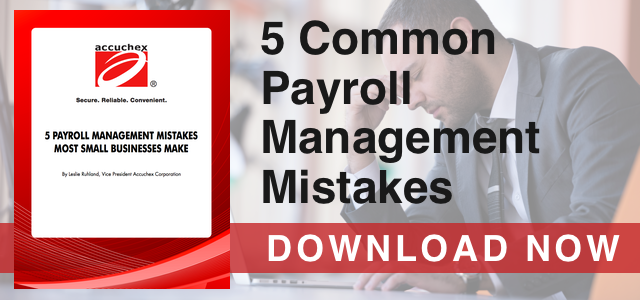California Labor Law and Federal Workplace Legislation Continues to Alter the HR and Workplace Environment.

A number of work-related legal issues have come to the forefront in recent months. The following is a round-up review of three issues that can and may impact most employers and HR managers in California.
1. New California Rules Extending Smoking Ban Effective as of June 9, 2016
The California Governor, Jerry Brown, recently signed a number of bills that expanded the current smoke-free workplace protections. Among other things the new legislation does:
- Treats the use of e-cigarettes and other nicotine-delivery devices, such as vaporizers, as “smoking” — thus extending existing smoking bans to cover such products.
- Expands smoke-free workplace protections by getting rid of most of the existing exemptions that permitted smoking in certain work environments, such as bars, hotel lobbies and warehouse facilities.
- Eliminates the ability to have employer-designated smoking break rooms.
- Expands the workplace smoking ban to include owner-operated businesses and to eliminate any small business exception for employers with five or fewer employees.
- Raises the legal smoking age from 18 to 21, except for active military personnel.
Proactive employers will want to review their existing workplace smoking policies and practices to ensure compliance with the new law. Unfortunately, many places of business are function on the possibly mistaken notion that their industry or region is exempt.
However, most businesses should exercise caution if they believe an exemption to the ban might apply to their place of work. The truth is that the possible exceptions are limited.
2. Employers Who Want to Track Employee Movement
In California a recent lawsuit was filed involving an employee who was asked to install an app on her company-owned smart phone. The app allowed her boss to track its location 24 hours a day, seven days a week. After her boss stated that he could see that she'd been speeding, the employee uninstalled the app.
As a result of that action she was fired. She sued for invasion of privacy and the suit was resolved confidentially.
New products and technologies for tracking employees are proliferating. But the HR and legal backlash has already begun. In the U.S., for example, at least five states have passed prohibitions on employers requiring employees to have a microchip implanted in their body.
Among other issues coming to light recently that are raising red flags among lawyers are employee-sponsored wellness plans that might allow access to data from Fitbits or even DNA information.
A recent product called Humanyze, is a "sociometric badge" worn by employees that includes a microphone, infrared sensors, accelerometers, and Bluetooth to measure movements, face-to-face encounters, speech patterns, and vocal intonations to track which employees are talking to other employees, how long, and where.The firm developed the system using a smart employee badge to collect employee behavioral data, which it links to specific metrics with the goal of improving business performance.
Many employers in Silicon Valley, for example, who want to create the perfect team and office environment, feel these types of products can help determine everything from office layout to project assignments and help boost creativity and productivity.
3. Using Big Data in Hiring Can Lead to Big Problems
Companies are continually looking at ways to use big data to help make hiring and other human resources decisions. For example, employers may want to use data to hire applicants who are more likely to stay with the company long term. This would, in turn, reduce the costs of turnover.
Here is where employment law becomes problematic for employers.
For example, while an algorithm is not intended to discriminate against job seekers, if there is a correlation between applicants from ZIP codes closer to company headquarters and employee retention, and those neighborhoods are demographically skewed white, the computer may recommend hiring from those areas.
The result would be the company unwittingly hiring fewer people of color, which would result in a disparate impact. Unfortunately for HR, this is against the law, regardless of intent. One writer pointed out that big data may also be used to screen for factors that might mean an applicant is more likely to try to organize a union even though the applicant has never actually been engaged in organizing activity.
Professional Help With Your HR and Compliance Needs
If you are looking for reliable help with maitiaining HR compliance, we can help. If you are looking for additional help with your HR processes such as payroll management, you can also click on this link to get your Free Download: Payroll Outsourcing Guide to help you make an informed decision, or call Accuchex Payroll Management Services at 877-422-2824.


